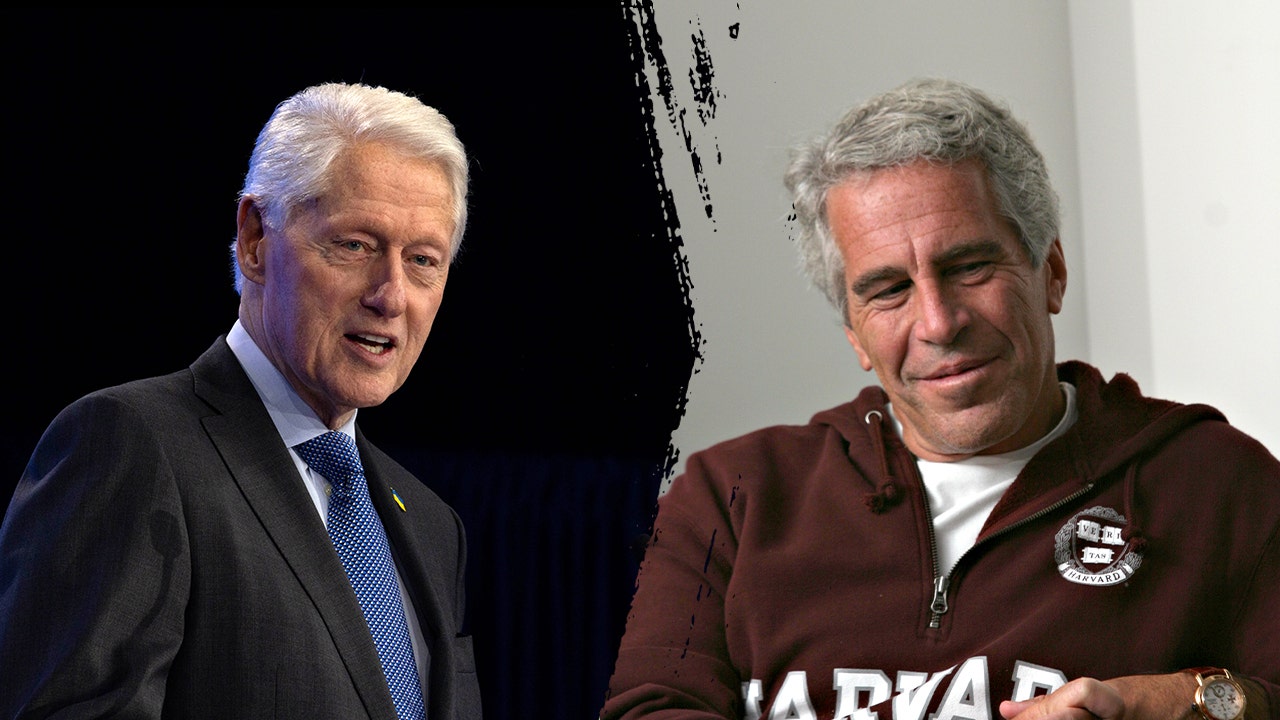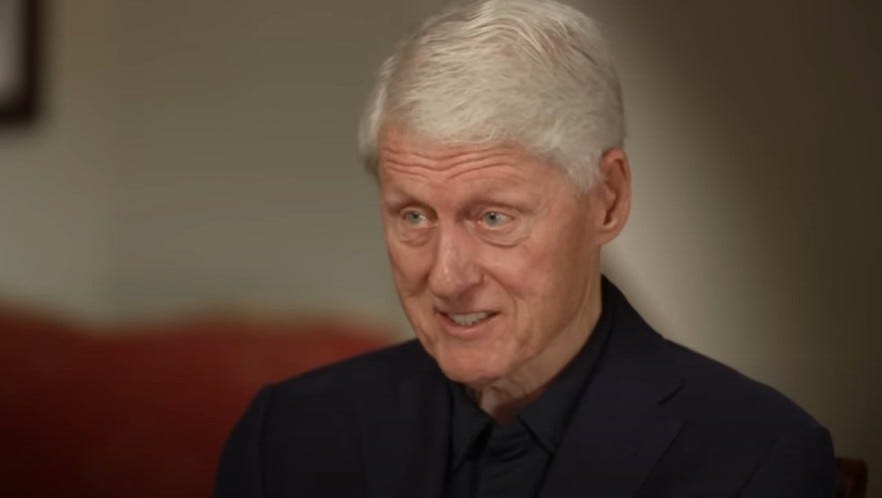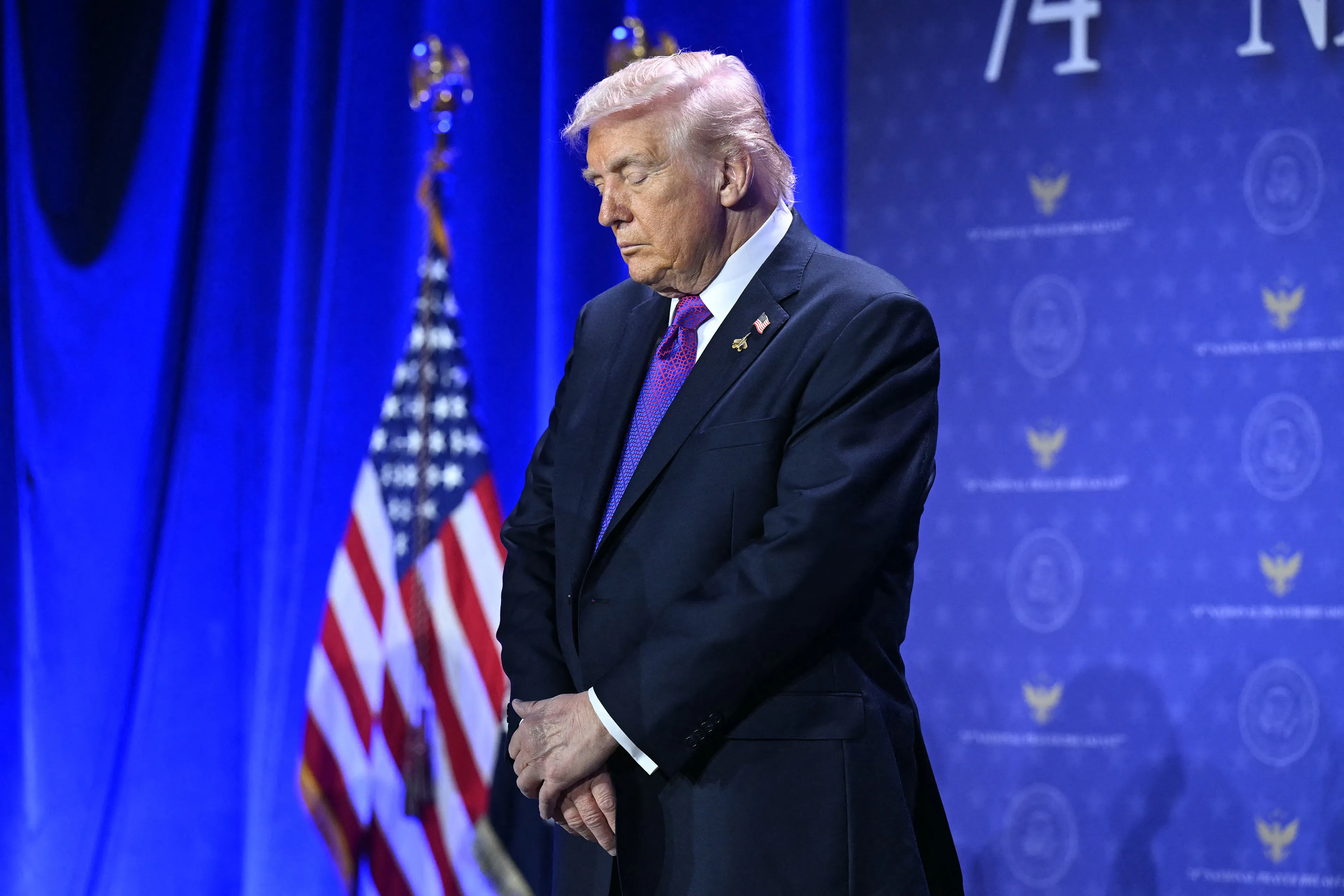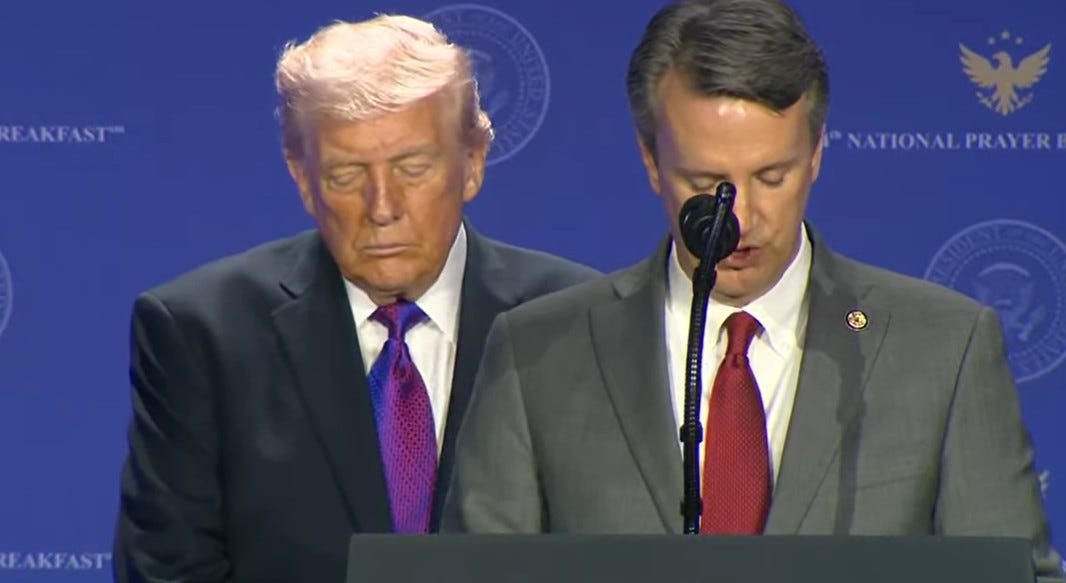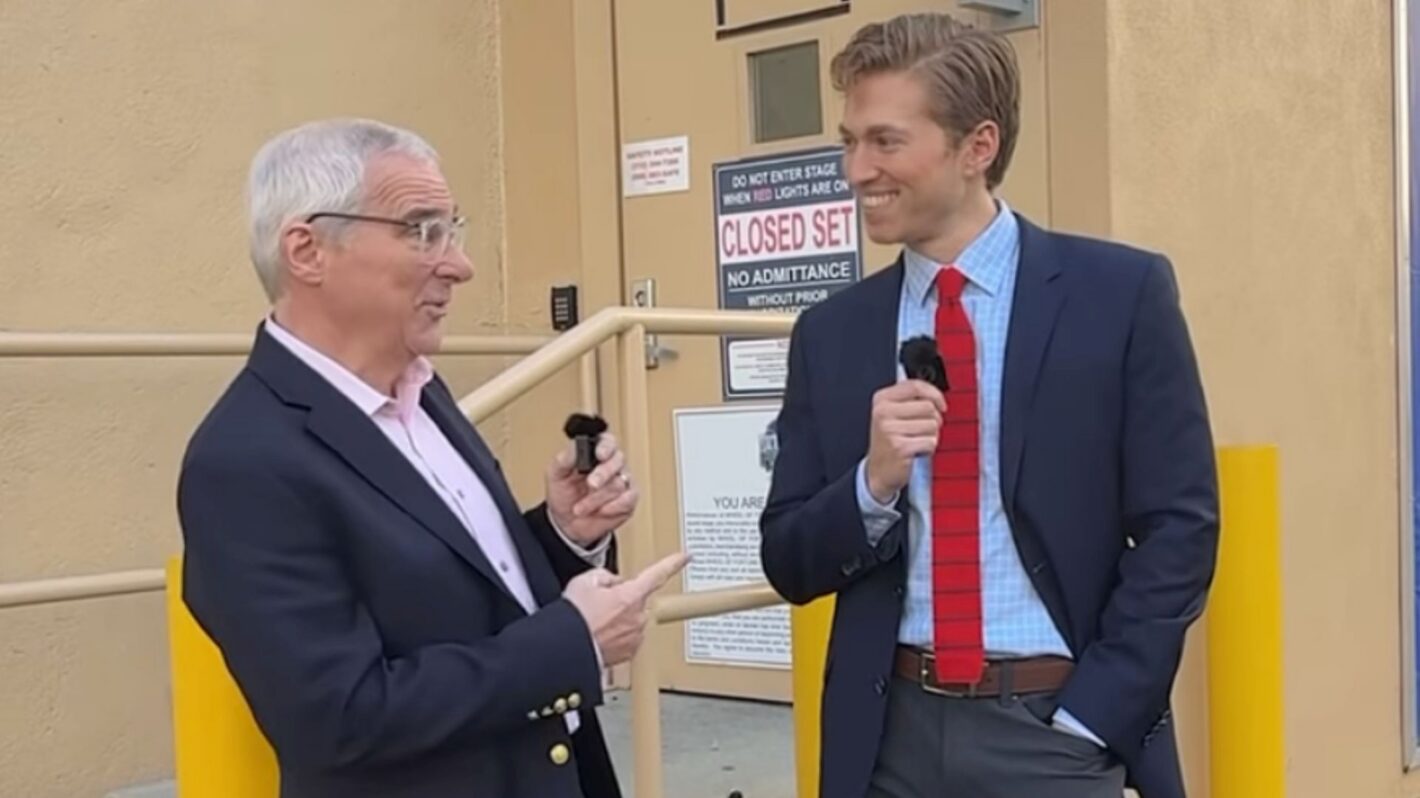
Peloton Interactive Inc. Executive Chairman and co-founder John Foley is stepping down from the fitness company as part of a leadership shake-up, extending the turbulence at a business trying to pull out of a deep slump.
Foley, who helped start Peloton in 2012 and served as chief executive officer for 10 years, is resigning effective Monday, the company said in a statement. Foley took the executive chairman role in February when he handed the reins to CEO Barry McCarthy, a veteran of Spotify Technology SA and Netflix Inc.
Chief Legal Officer Hisao Kushi, another co-founder, is also headed for the exits. He’ll be replaced in that role by Tammy Albarran, who Peloton recruited from Uber Technologies Inc. The chairman role, meanwhile, will be filled by Karen Boone, a former Restoration Hardware executive who currently serves as lead independent director.
Peloton investors initially applauded the changes, sending the shares up as much as 5.3% to $11.64 in extended trading on Monday. But the rally soon evaporated, with the stock declining more than 2%.
The reshuffling extends a year of upheaval at New York-based Peloton, which thrived in the early days of the pandemic but is now suffering from declining sales and mounting losses. Its shares are down about 90% over the past year, and the company has struggled to work through a glut of inventory.
As part of a turnaround plan, McCarthy has cut thousands of jobs and offloaded operations to third-party providers. But Peloton’s quarterly report in August signaled that his comeback effort has a long way to go.
McCarthy’s goal is to make Peloton cash-flow positive in the second half of the coming fiscal year. “We continue to make steady progress, but we still have work to do,” he said last month, while acknowledging that the company’s financial performance may cause some to doubt the “viability of the business.”
With Peloton’s longtime CEO now out of the picture, McCarthy may have a freer hand to make changes. The executive has said the company should prioritize its digital offering over hardware and is exploring allowing subscribers to beam content from their smartphones to non-Peloton fitness equipment.
Separately, Chief Commercial Officer Kevin Cornils is also leaving Peloton and won’t be replaced. Some of Cornils’s responsibilities will be assumed by Dion Sanders as he takes the role of chief emerging business officer, according to an internal memo from McCarthy reviewed by Bloomberg. Chief Content Officer Jen Cotter will assume control of apparel and accessories, showing that the company remains committed to that market.
Albarran will take over Peloton’s legal operations on Oct. 3. She helped oversee a corporate makeover at Uber, which set out to change its image in 2017 after its hard-charging style led to scandals and a strained relationship with drivers.
Peloton looks to draw on the experience of Albarran and Boone to “help move the company forward into our next chapter of growth,” McCarthy said.
Foley said he plans to build a business “in a new space” after leaving the company. The executive helped turn Peloton into an iconic fitness brand with a loyal following, but was criticized for not forecasting a sharp downturn in demand for its exercise bikes.
Some Peloton investors also had hoped that Foley — and then McCarthy — would consider selling the company. But no suitor emerged, and McCarthy has said that he didn’t take the CEO job to oversee a sale.
Sign up for the Fortune Features email list so you don’t miss our biggest features, exclusive interviews, and investigations.


